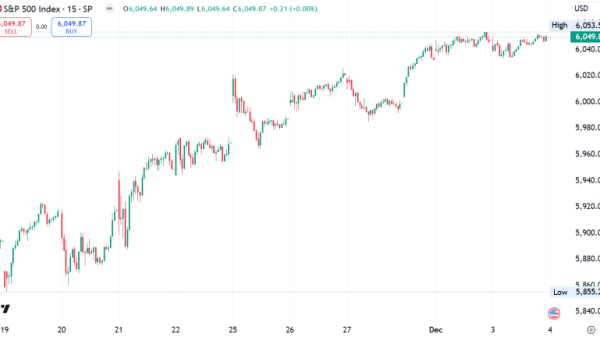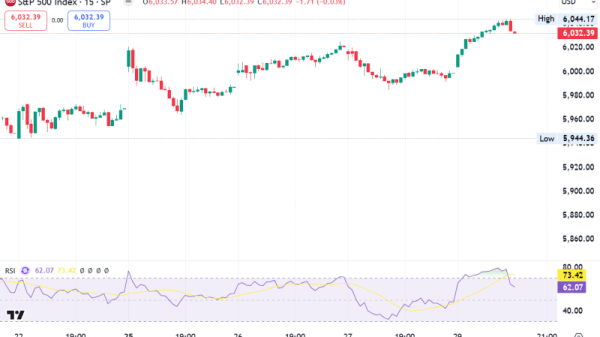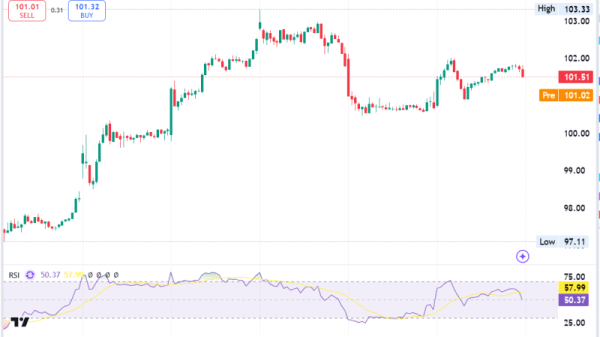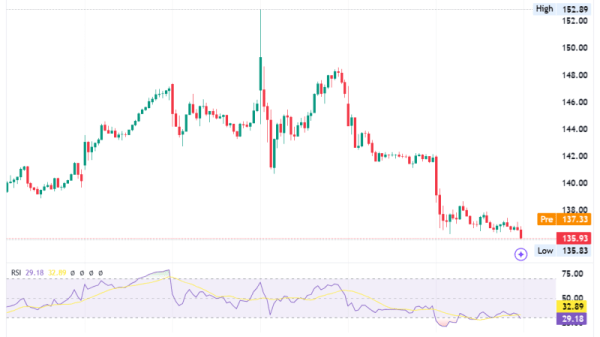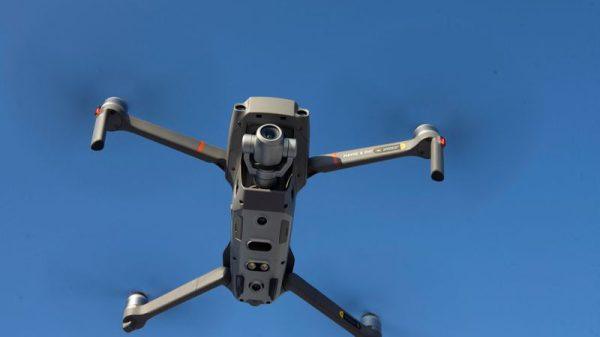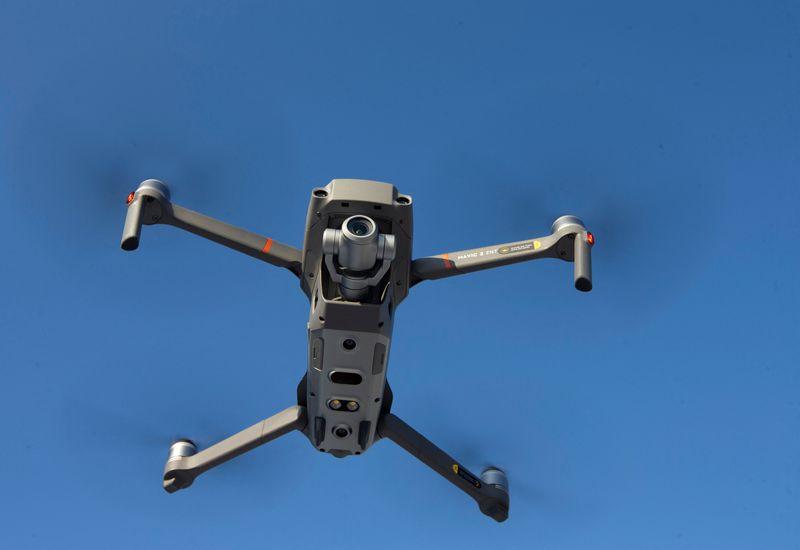By David Shepardson
WASHINGTON (Reuters) – The U.S. Commerce Department said on Thursday it is considering new rules that would impose restrictions on Chinese drones that would restrict or ban them in the United States citing national security concerns.
The department said it was seeking public comments by March 4 on potential rules to safeguard the supply chain for drones, saying threats from China and Russia “may offer our adversaries the ability to remotely access and manipulate these devices, exposing sensitive U.S. data.”
China accounts for the vast majority of U.S. commercial drone sales.
In September, Commerce Secretary Gina Raimondo said the department could impose restrictions similar to those that would effectively ban Chinese vehicles from the United States and the focus will be on drones with Chinese and Russian equipment, chips and software.
She told Reuters in November she hopes to finalize the rules on Chinese vehicles by Jan. 20.
A decision to write new rules restricting or banning Chinese drones will be made by the administration of President-elect Donald Trump, who takes over on Jan. 20.
Washington has taken a series of steps to crack down on Chinese drones over the last year.
Last month, President Joe Biden signed legislation that could ban China-based DJI and Autel Robotics from selling new drone models in the U.S. A unspecified U.S. agency must determine within one year if drones from DJI or Autel Robotics pose unacceptable national security risks.
DJI, the world’s largest drone manufacturer that sells more than half of all U.S. commercial drones, said if no agency completes the study it would prevent the company from launching new products in the U.S.
In September, the House of Representatives voted to bar new drones from DJI from operating in the U.S.
In October, DJI sued the Defense Department for adding it to a list of companies allegedly working with Beijing’s military, saying the designation is wrong and has caused the company financial harm.
DJI told Reuters in October that Customs and Border Protection was stopping imports of some DJI drones from entering the United States, citing the Uyghur Forced Labor Prevention Act. No forced labor is involved at any stage of its manufacturing, DJI said.
U.S. lawmakers have repeatedly raised concerns that DJI drones pose data transmission, surveillance and national security risks, which the company rejects. Congress in 2019 banned the Pentagon from buying or using drones and components manufactured in China.

